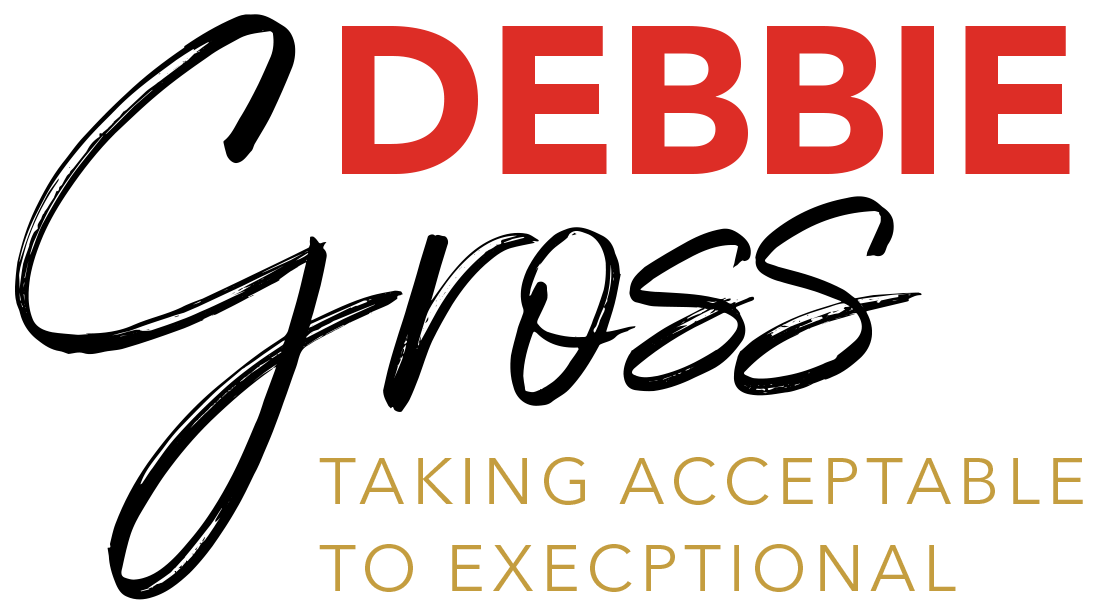As administrative business partners, exceptional communication is crucial to our success. This starts with the ability to connect effectively with the leaders we support. Building this connection requires a deep understanding of our leaders—their preferred communication styles, the tools they use, and their unique personality traits. By leveraging this knowledge, we can enhance our working relationship, ensuring that our messages are clear and effective, leading to a highly functional and satisfying partnership.
Failure to develop this connection due to poor communication skills can result in misunderstandings, mistakes, frustrations, and potential breakdowns in the relationship with our leaders.
I once coached a young executive assistant named Sandy, who was sociable and well-liked by her colleagues. She had a great relationship with her leader, and they often chatted about their families, vacations, and weekend plans. However, one day, her leader decided to leave the company, leaving Sandy heartbroken.
The new leader assigned to Sandy was the complete opposite of her former leader. He would close his door when he saw her coming, didn’t take the time to talk with her, and often ignored her. Sandy had never encountered this kind of behavior before and was devastated. “What am I doing wrong?” she asked me. “I’ve never experienced this type of engagement with a leader before.”
The issue was that Sandy hadn’t taken the time to understand her new leader’s preferences and communication style. She was relying on her past experiences with her former leader, and as a result, she wasn’t connecting effectively.
In business, leaders have different work styles, and some embody a combination of these styles, which influences how they prefer to be communicated with. It’s essential to grasp these work styles to connect with them effectively.
-
The Logical leader emphasizes data and facts in decision-making. They expect direct communication that is brief, clear, and precise. A lack of preparation, excessive talking, or incomplete information can lead to a breakdown in communication with them.
-
The Organized leader knows their priorities, is focused, detail-oriented, and meticulously plans their work. They prefer communication in an organized, sequential fashion, with specific details presented in bullet points. If you ramble, provide vague details, or fail to mention specific time frames when communicating with this type of leader, you will quickly lose their attention.
-
The Supportive leader is approachable, inclusive, and enjoys collaborating with their team. You might see them walking around, taking the time to chat with others. They are naturally warm, open, and enjoy expressive communication. It can be challenging to connect with this leader if you come across as too serious or impersonal, as it contradicts their values in communication.
Through our coaching sessions, it became clear that Sandy’s former leader was a Supportive type who valued and enjoyed their conversations. I then encouraged Sandy to observe her new leader for several weeks to understand his work style.
Sandy soon discovered that her new leader was a combination of Logical and Organized. She realized that she would need to change her communication strategies to connect with him effectively.
One day, she approached her new leader before he could turn away and said, "I’ll keep this brief," and then, with a bullet-pointed list, got straight to the point. He looked at her, nodded, thanked her, and then went on with his business. Simply by adjusting her approach, Sandy had made a connection. Their partnership grew and flourished.
“If you just communicate, you can get by. But if you communicate skillfully, you can work miracles.” —Jim Rohn
Make it a point to move from just communicating to connecting, and you will see tremendous gains in your relationships.

.jpg?width=50&height=50&name=Simpson_Portraits_Web_3469%20(2).jpg)




Reviews
Write a review